Last September, the company launched its inaugural rocket but it was intentionally exploded minutes after lifting off.
Get the latest international news and world events from around the world.
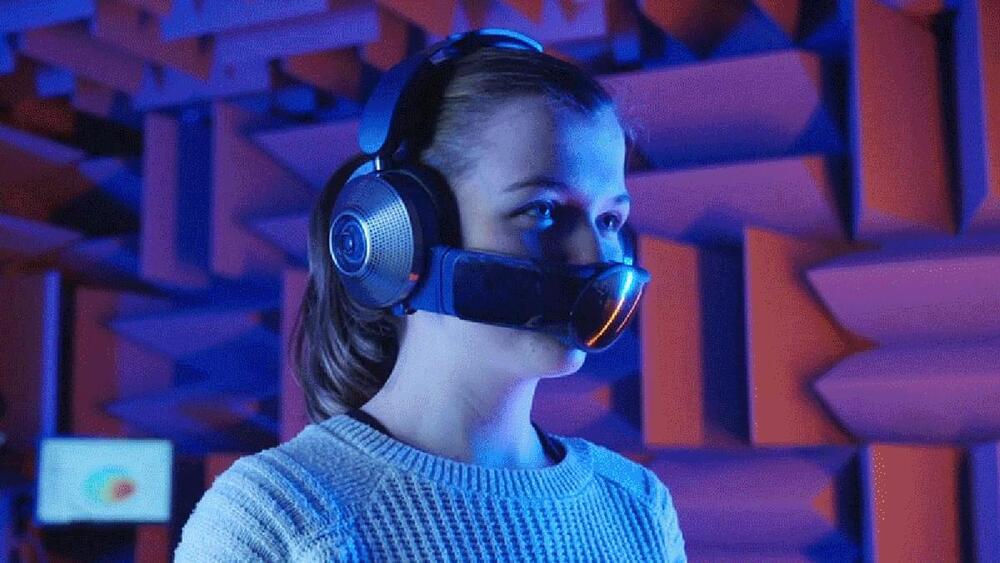
Dyson’s First Wireless Headphones: Fresh Tunes and Fresh Air
In addition to its premium vacuums 0, hair styling products 0, and gale-force bathroom hand dryers, Dyson is also known for its air purifiers featuring a bladeless design that makes them quieter and safer, but also a glass HEPA filter inside that promises to remove 99.97% of unwanted air particles in a home like pollen, mold, bacteria, pollution, and odors. There’s even one that can eliminate formaldehyde. That’s great for when you’re at home or the office, but a four-foot tall purifier tethered to a power outlet offers no protection from pollution anywhere else.
The Dyson Zone is the company’s first personal air purification device, and it comes with headphones as a side dish. Trojan-horsed into the high-end bluetooth headset, the Zone offers a buffer of filtration between the wearer and the outside world. When worn out in public, users may feel a bit like Bane from Batman. There may be some awkward stares, but perhaps there will be fewer than expected, thanks to the presence of the headphones.
The company started working on the Zone six years ago. The initial protype was a “snorkel-like clean air mouthpiece paired with a backpack to hold the motor and inner workings,” according to a press release. The final product—over 500 iterations later—is a huge improvement when it comes to design and ergonomics. It still looks like it might take some time to get used to, though maybe less so in the era of Covid-19 than when Dyson’s engineers first started on it.

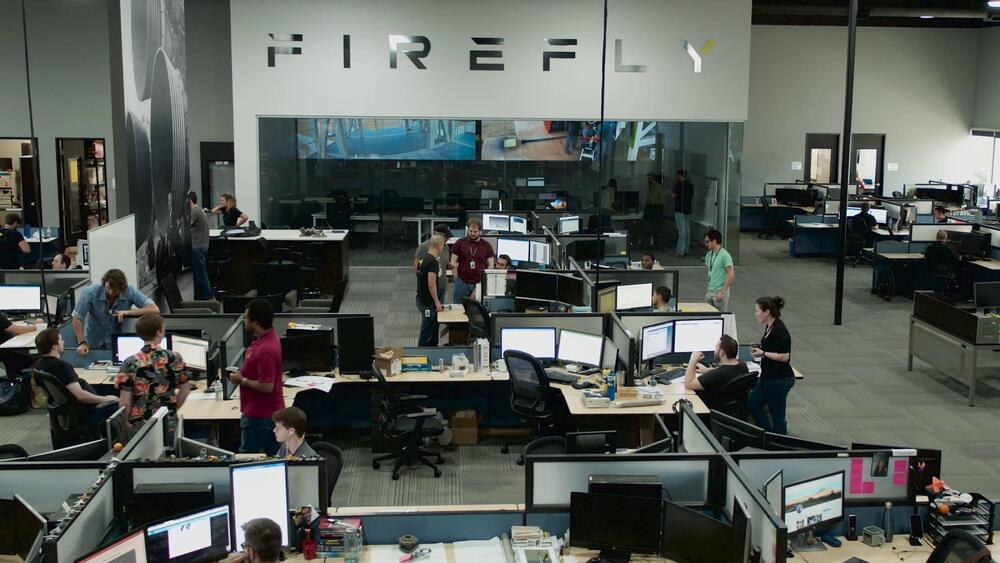
Austin-area-based Firefly Aerospace gets new owner, gears up for 2nd launch
Firefly Aerospace has a new majority owner as the Central Texas-based aerospace company prepares for its second rocket launch.
AE Industrial Partners, a private equity firm, has acquired a majority stake in Firefly Aerospace, the company announced.
The Cedar-Park-based company also raised $75 million in a funding round led by AE Industrial Partners. Firefly said it now estimates its valuation at more than $1 billion.

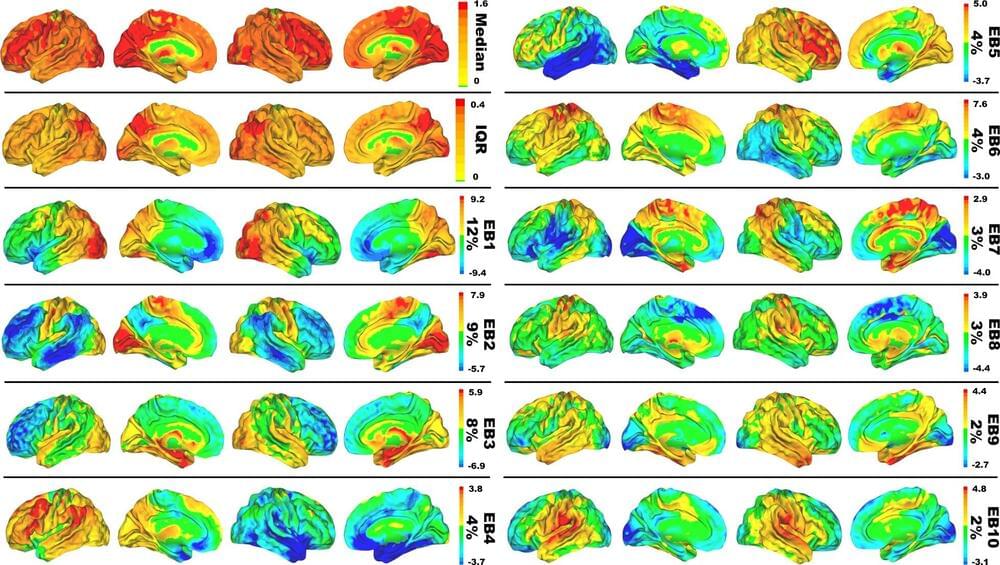
New computational model proposed for Alzheimer’s disease
Mayo Clinic researchers have proposed a new model for mapping the symptoms of Alzheimer’s disease to brain anatomy. This model was developed by applying machine learning to patient brain imaging data. It uses the entire function of the brain rather than specific brain regions or networks to explain the relationship between brain anatomy and mental processing. The findings are reported in Nature Communications.
“This new model can advance our understanding of how the brain works and breaks down during aging and Alzheimer’s disease, providing new ways to monitor, prevent and treat disorders of the mind,” says David T. Jones, M.D., a Mayo Clinic neurologist and lead author of the study.
Alzheimer’s disease typically has been described as a protein-processing problem. The toxic proteins amyloid and tau deposit in areas of the brain, causing neuron failure that results in clinical symptoms such as memory loss, difficulty communicating and confusion.
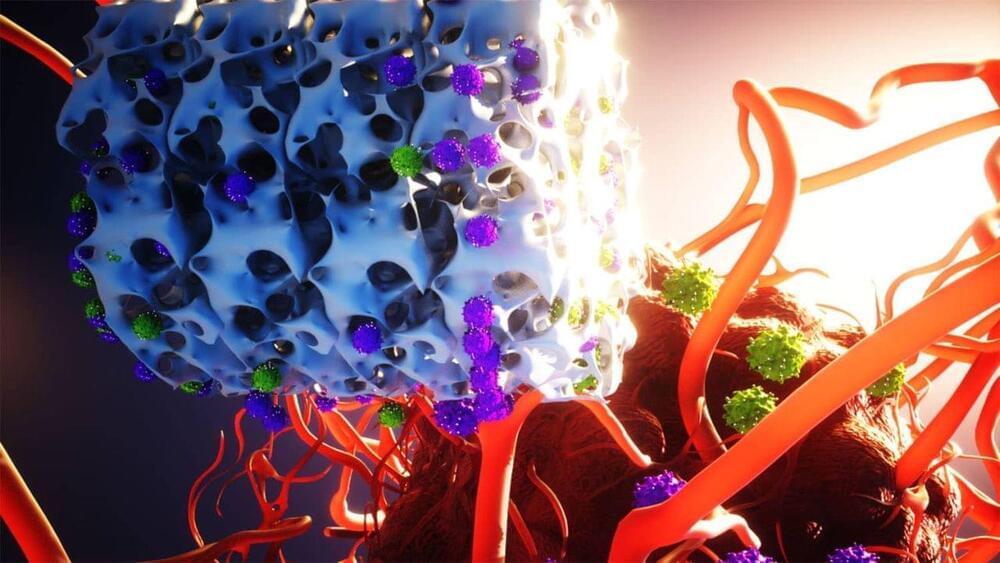
Producing faster CAR-T cell therapy inside the body with a spongelike implant
Despite the remarkable efficacy of CAR-T cell therapies to treat certain blood cancers, they are expensive thanks partly to complex and lengthy manufacturing procedures. | CAR-T therapies are expensive thanks partly to complex and lengthy manufacturing procedures. Now, scientists have found a potential way that could cut the CAR-T processing time from more than two weeks to a single day by using an implant.
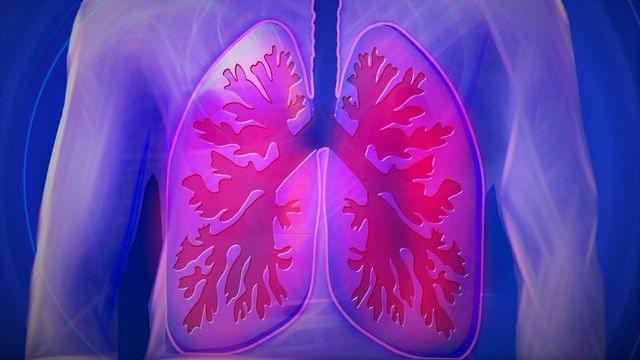
Tuberculosis Induces Premature Cellular Aging
Tuberculosis (TB) is a potentially serious infectious disease caused by a type of bacterium called Mycobacterium tuberculosis. The bacteria usually affect the lungs, but also can invade other organs.
In 2018, tuberculosis bacteria infected 1.7 billion people — roughly 23% of the world’s population, according to the Centers for Disease Control and Prevention (CDC). In 2020, the CDC reported 7,174 TB cases and 13 million people living with a latent tuberculosis infection (the germs are in the body but do not cause sickness) in the United States.
Even after successful therapy for tuberculosis, survivors of the disease have an increased risk of recurrent infection and death. A new study published recently by researchers at Baylor College of Medicine found that the cells of humans and animals who have recovered from tuberculosis had prematurely aged up to 12 to 14 years.

Lockheed Martin signs deal to use SpiderOak cybersecurity to protect satellite networks
WASHINGTON — SpiderOak Mission Systems announced March 29 it won a contract from Lockheed Martin Space for its cybersecurity software.
The contract allows Lockheed Martin to use SpiderOak’s OrbitSecure software. “This is commercial technology that was developed for terrestrial applications and has been repurposed for the space business, specifically for low Earth orbit,” SpiderOak chairman Charles Beames told SpaceNews.
Beames said he could not disclose the value of the contract with Lockheed Martin. “The goal is to make OrbitSecure available to Lockheed Martin customers as part of an offering to provide an extra level of cybersecurity,” he said.

Pixxel raises $25 million for hyperspectral imaging constellation
TAMPA, Fla. — Indian startup Pixxel said March 28 it has raised $25 million for a hyperspectral imaging constellation that plans to deploy its first satellite this week.
Canadian early-stage investor Radical Ventures led the Series A round, bringing Pixxel’s total funding to $33 million to date.
Awais Ahmed, Pixxel’s CEO and co-founder, said proceeds will support plans to launch two satellites this year and six in early 2023 for the constellation.